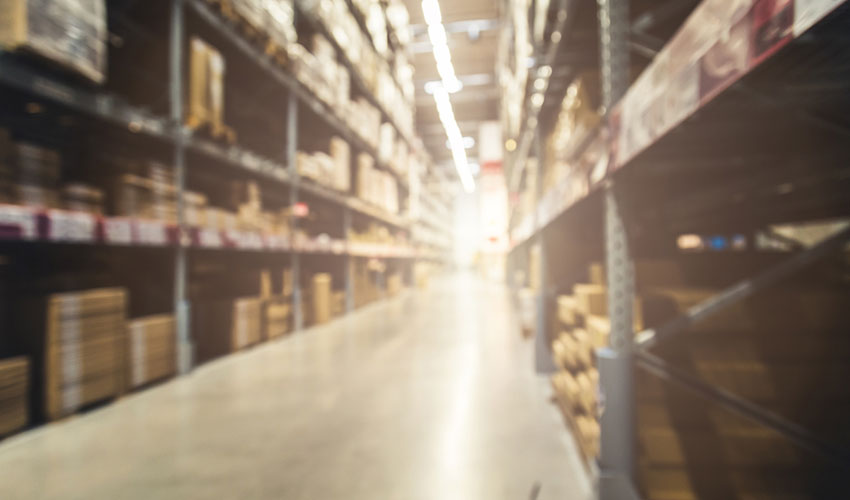- Businesses
- Individuals & Families
- Partnerships
- Brokers

Chubb Climate+ spans major industries, with a goal of enabling climate change progress in a meaningful way.


All Chubb policyholders are eligible for cyber services. Get the most value from your Chubb policy and schedule a consultation today.

In a complex world, Chubb’s support for multinationals and their brokers when choosing the right cover has never been more valuable.


As one of the world's largest providers of jewellery and fine art insurance, you can count on our unparalleled service and expertise, offering some of the broadest protection available.

As pioneers of using in-house appraisers to help clients establish the value of their property, and mitigate the risk of loss, our appraisal service is a key reason why owners of fine homes and high value possessions around the world choose Chubb

Build your business by providing the protection your customers need – it’s insurance for the new possible.

The seamless, secure, and scalable engine behind new possibilities for your company and customers.

-
About
About UsWho We AreFinancial & Regulation
- Claims
-
FCA Regulation
-
Contact
Chubb CareersComplaints
-
BackSuggested Searches
Before you trust them with your valuable wine collection, make sure your storage facility is set up properly and taking all the precautions necessary to protect your collection from damage and keep it at its best. Here are a few things they need to do to earn your business:
1. Protect your wine from fire.
The facility should have a centrally monitored sprinkler system and/or smoke detection system in place, with signal continuity, as well as fire extinguishers throughout the building that are easily accessible.
2. Secure the building.
The facility should have a centrally monitored burglar alarm system with signal continuity, camera surveillance, and protocols in place to monitor any access staff and visitors have to the valuables within.

3. Control temperature and humidity.
It’s important that the facility have temperature and humidity controls that are centrally monitored, with signal continuity. They should also have a back-up generator to ensure that even in the event of a power outage, your wine will stay at the appropriate temperature and humidity levels.
4. Maintain the building
Before you hand over your wine collection, confirm that the storage facility is well maintained, with annual plans to inspect the electrical, plumbing, and HVAC systems to ensure they continue to be in good working order. You’ll also want to make sure they have water leak detection devices installed on air handling and air conditioning systems, to prevent possible water damage.
5. Keep a low profile.
To prevent break-ins and burglaries, many storage facilities for wine and other valuables keep minimal signage on the exterior of the building. That way, the general public won’t know what’s stored inside.
6. Locate the building away from potential exposures and have an emergency plan in place.
You may not want to store your fine wine in a building located next to other businesses that could create risks, such as a petrol station. But, if the risks can’t be avoided, ensure that the building management has a disaster preparedness plan in place (in an instance of flooding, for example).
7. Properly train and vet the staff.
Everyone working at the storage facility should be properly trained and qualified to care for and handle your wine collection. The facility should also perform thorough background checks on all personnel prior to hiring them.
8. Manage the collection.
All items located in open storage should have an identification label or tracking number on them, and the warehouse should maintain a complete and updated inventory of all items, including those in open storage.
For more information on Chubb in the UK click here.
All content in this material is for general information purposes only. It does not constitute personal advice or a recommendation to any individual or business of any product or service. Please refer to the policy documentation issued for full terms and conditions of coverage.

